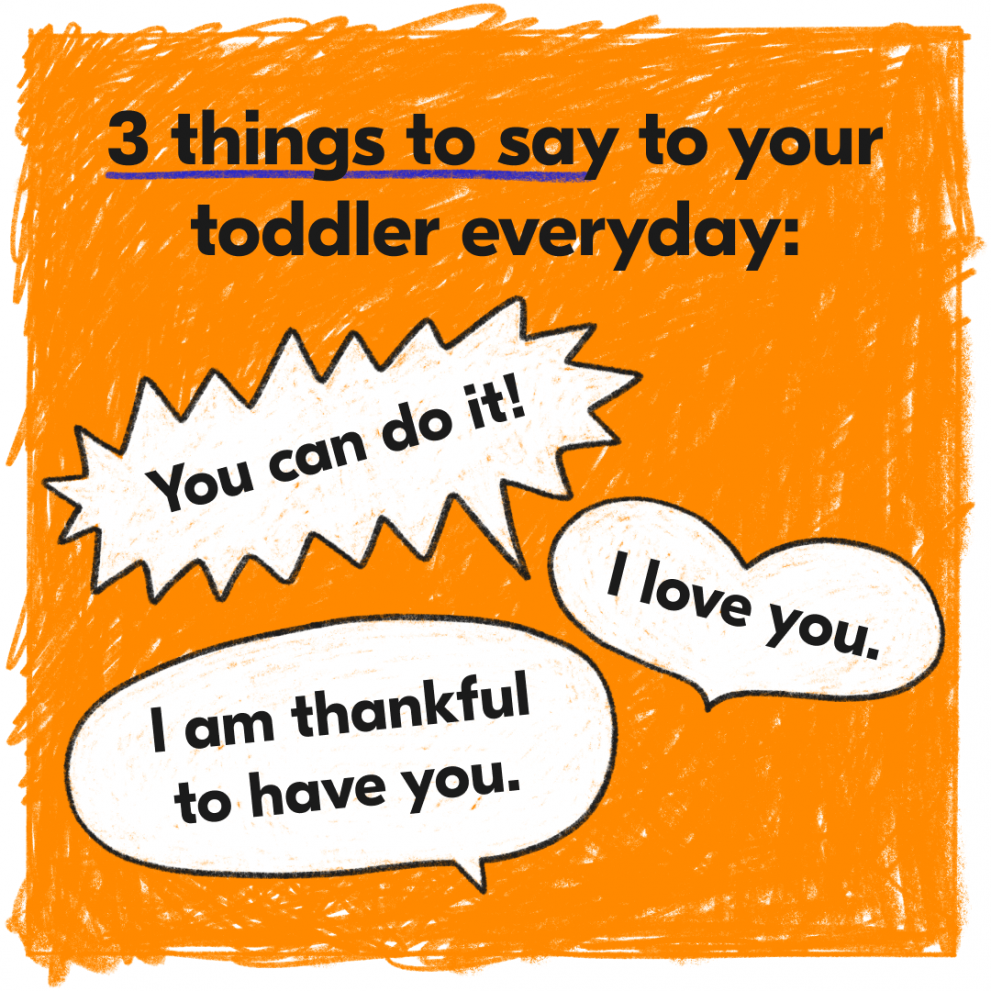How Positive Parenting Affects Your Child
Feb 8, 2022 'Positive parenting’ is a relatively new term in the parenting world. There is no specific definition to describe it. The term itself involves focusing on a child’s positive attributes and nourishing him/her through positive affection to meet his or her unique needs.
In This Article
Before we dive into the research and benefits, it’s important to know what’s behind the concept of positive parenting. This parenting style believes all children are inherently “good, altruistic, and desire to do the right thing.” With this belief, parents shape a child’s behavior by teaching discipline in a way that builds self-esteem and builds the parent-child relationship.
Typically, disciplining a child can include setting firm boundaries with limited open communication between parent and child. However, for those who practice positive parenting, the child-parent relationship is key! While “positive parents” still set boundaries for their children, they respect where their child is at developmentally.

A typical reaction to a temper tantrum for a toddler not receiving something he or she wants is to react with part annoyance and part anger. Many parents tend to react by either scolding the child or ignoring the tantrum altogether. But parents using positive parenting take a step back and think about the situation from their child’s perspective.
They ask themselves, “What is the underlying reason my child is upset?” By looking at the situation from the perspective of their child the parents are able to not only sympathize but respect their child’s outburst. This also lets the parent calm themselves and defuse the tantrum calmly with a loving and caring attitude.
What are the Benefits of Positive Parenting
Multiple research studies have found positive parenting offered long-term benefits such as:
- Increased emotional regulation for children
- Gives children the tools they need to make good choices
- Promotes positive communication for problem-solving between parents and children
- Helps promote children’s peer bonding experiences later in life
- Parents support children’s creativity and self-determination
- Provides both healthy boundaries and consequences to teach responsibility
- Parental recognition for children’s positive behaviors help develop self-efficacy
How to Put Positive Parenting into Action
Practicing positive parenting does not happen overnight. If you did not start positive parenting from the start of your child’s life, the transition can take some adjustment time for you and your child. While it may seem like positive parenting does not include discipline, the parenting style still incorporates discipline. But disciplining a child according to positive parenting “is never violent, aggressive, or critical; it is not punitive.”
Since discipline is a common issue for most parents, here are some ways to start disciplining with positive parenting put into action!
1. Respect Your Child
You can do this simply by acknowledging your child’s emotions. If your child is upset and crying, think of the “why” behind the crying. While he/she may be crying to get something they want, your child could be tired and easily irritable.
2. Practice Positive Reinforcement
When you see your child doing something good praise the behavior. Even if they are simply playing quietly while a younger sibling is napping. By highlighting all the good things your child is doing will overtime raise their self-confidence and lower misbehavior because he/she knows good behavior is awarded appreciation, affection, and privileges.

3. Try ‘Behavior Exchange’
Behavior exchange involves replacing an undesirable behavior with an acceptable one. For instance, if your child is destroying a roll of toilet paper in the bathroom, calmly pick it up and say “No thank you.” Now, redirect your child to an acceptable behavior like playing with Play-Doh.
The behavior exchange system doesn’t punish or scold the misbehavior, it just redirects and replaces the undesirable behavior with good behavior.
4. Offer Choices
Parents who practice positive parenting understand their child is a person with their own preferences. Giving a child choices to everyday things helps teach your child responsibility and self-efficacy.
5. Make Connections
According to the positive parenting philosophy, the parent-child relationship is essential. To help form a healthy bond with your child, make emotional connections. This is done through spending quality one-on-one time with your child and validating his/her feelings often.
If your child has just started learning about emotions, give Speech Blubs’ Emotions section a try, and help your child recognize their own feelings.
Boost Your Child’s Speech Development!
Improve language & communication skills with fun learning!

6. Use a Timer
A timer is a gentle, yet effective way to help a child transition throughout the day. The timer method even works for special needs children who struggle with transitioning from task to task. A timer allows your child to have some control over the amount of time it takes them to complete a task. With a timer, you can offer your child a choice like, “Would you like to color for 15 or 20 minutes before bath time?
Since its development, the positive parenting program is continuing to gain traction among parents around the world for its caring and gentle way of correcting misbehavior while increasing self-esteem in children. As research studies continue to examine the short and long-term effects of positive parenting solutions, it’s easy to see how they can change the parent-child relationship forever.
